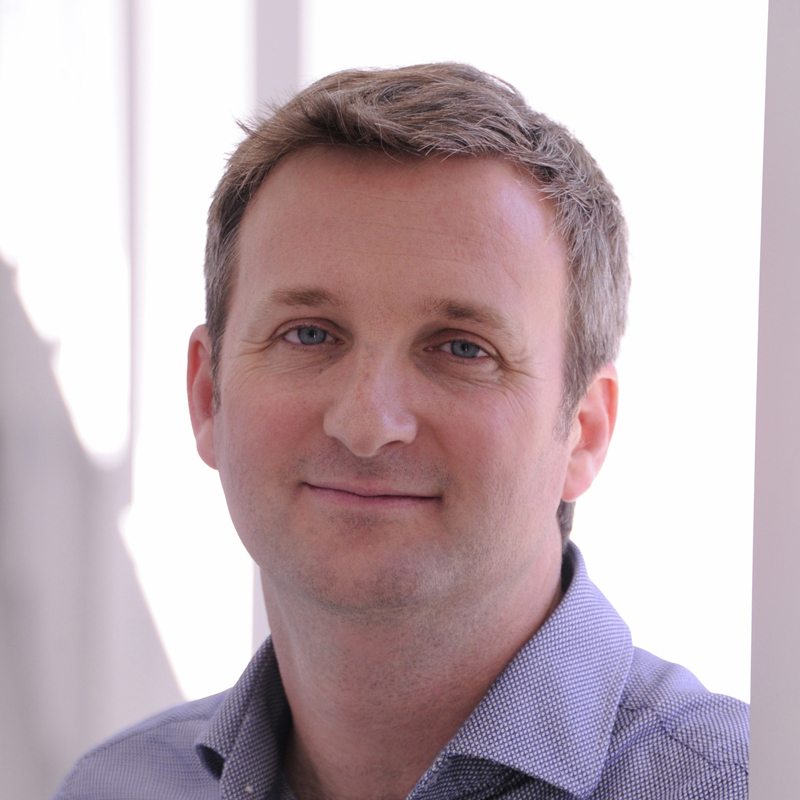
#IDIBELLseminars: Functional Genomics for Cancer Drug Discovery and Modelling Therapy Response
Mathew Garnett
Wellcome Sanger Institute
10/03/2023
13:00-
Sala Pau Viladiu
Abstract
We have an increasingly detailed understanding of the molecular alterations that occur across the diversity of human cancers. A challenging next step is to convert this wealth of descriptive information into new and better therapies for patients. My laboratory uses a range of functional genomics screening approaches and mechanistic studies to elucidate vulnerabilities operative in cancer cells that could be exploited therapeutically.
Combinations of anti-cancer drugs can overcome drug resistance and have potential to expand the range of treatments for patients. I will present large-scale screens in cancer cell lines to identify effective drug combinations. These studies are elucidating principles underpinning combinatorial drug activity and have identified specific drug combinations in defined molecular backgrounds. In addition, I will present studies to systematically investigate the genetic determinants of IFN-γ response in colorectal cancer cells using CRISPR-Cas9 screens and base editing mutagenesis. This reveals loss-of-function and gain-of-function mutations, including causal variants in hematological malignancies and mutations detected in patient’s refractory to immune checkpoint blockade. We functionally validate variants of uncertain significance in primary tumor organoids, where engineering missense mutations in JAK1 enhanced or reduced sensitivity to autologous tumor-reactive T cells. We identify more than 300 predicted missense mutations altering IFN-γ pathway activity, generating a valuable resource for interpreting gene variant function.
Hosted by Miguel Ángel Pujana – Breast Cancer Group
Short Bio
Mathew Garnett, PhD leads the Translational Cancer Genomics laboratory at the Wellcome Sanger Institute, Cambridge UK. His research aims to understand how genetic changes contribute to cancer and to identify molecular biomarkers that will improve the development of new cancer therapies using high-throughput chemical and genetic screens in cancer cell lines and organoids. His research team have contributed to the generation of widely used reference datasets and tools including resources such as the Genomics of Drug Sensitivity in Cancer project, the Cancer Dependency Map at Sanger, and the Human Cancer Model Initiative.
Mathew is also a member of the scientific leadership team for Open Targets which aims to use genome-scale experiments and analysis to evaluate new therapeutic targets.
After obtaining a BSc in Biochemistry (Hons.) at the University of British Columbia, Canada, Mathew completed his PhD with Prof. Richard Marais at the Institute of Cancer Research (London, UK) on the characterisation of BRAF as a cancer gene. In 2005 Mathew moved to the laboratory of Prof. Ashok Venkitaraman (Cambridge, UK) for his post-doctoral research, where he discovered a new regulator of cell division. Mathew joined the Sanger Institute in 2009 as a Senior Staff Scientist and established his own laboratory in 2014.
